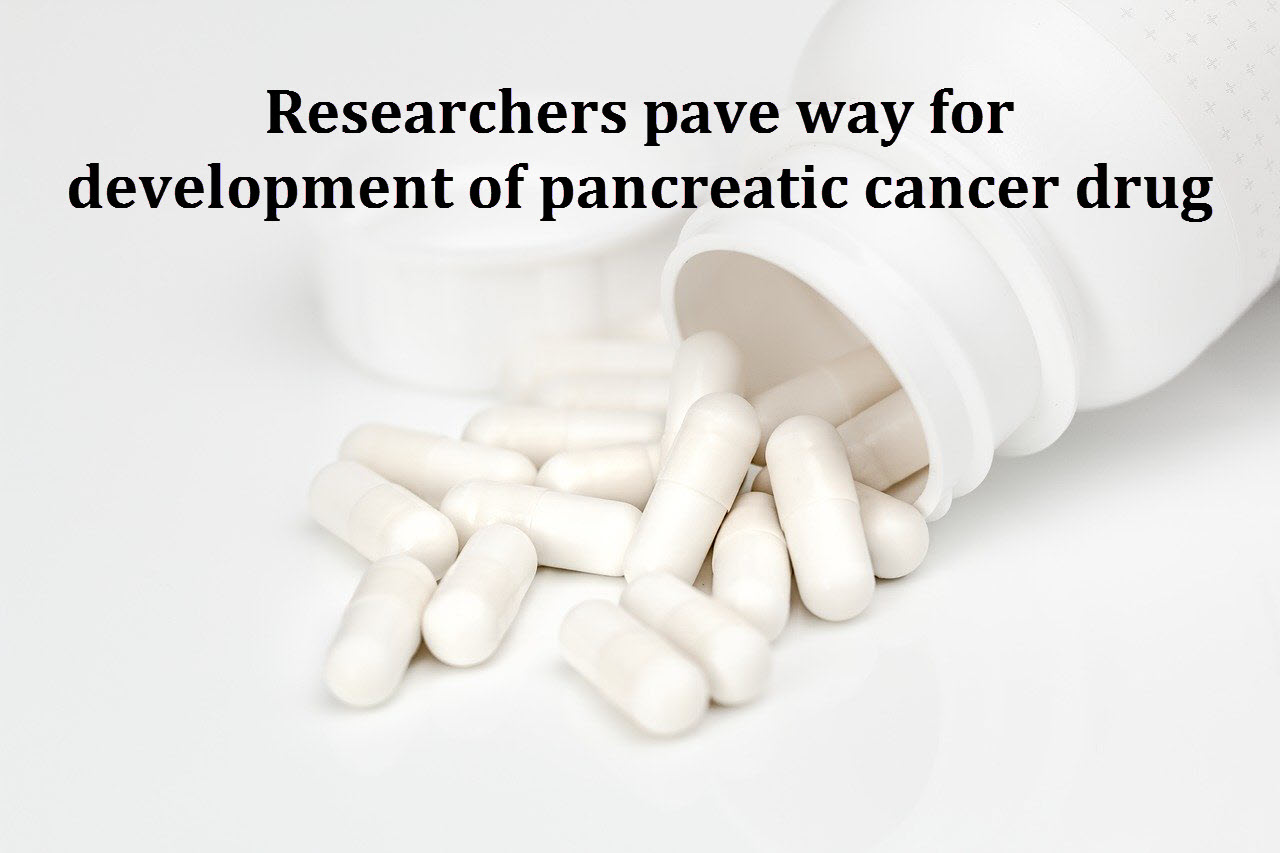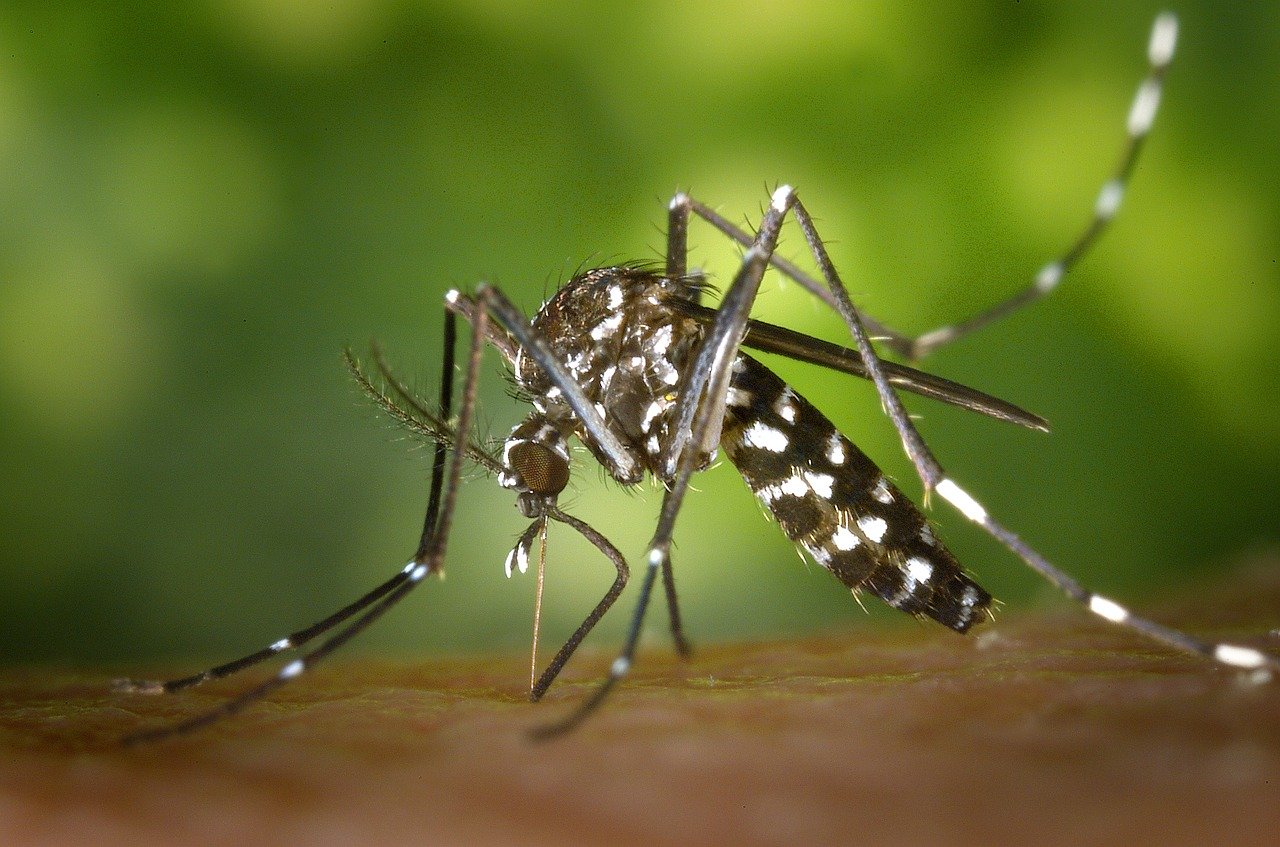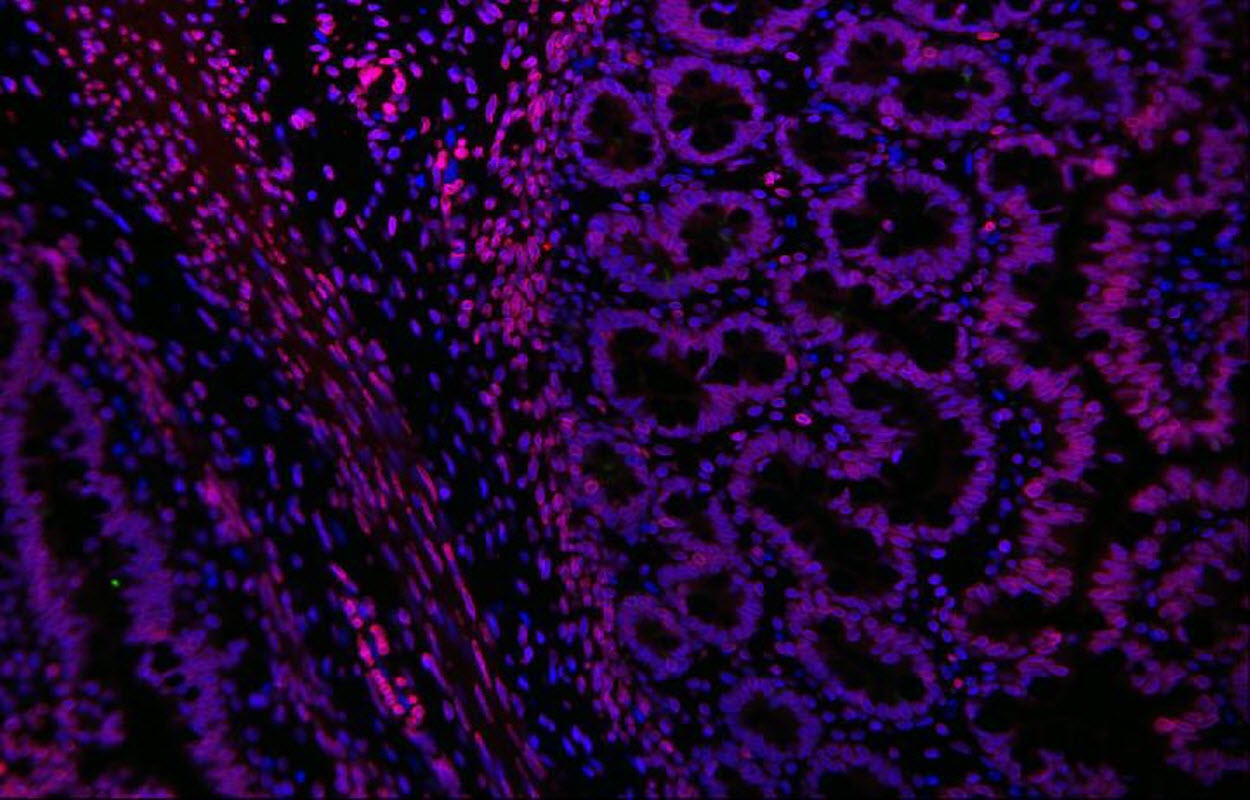
In the current pandemic scenario, global supplies of nasopharyngeal (NP) swabs are not dependable resulting in supply chain delays, escalating prices and variable quality. CSIR-National Chemical Laboratory (CSIR-NCL), Pune, has developed an indigenous NP swab for collecting samples from the throat cavity of COVID-19 patients. The need for making available domestic technology for NP swabs was flagged by CSIR to NCL in mid-April.

















